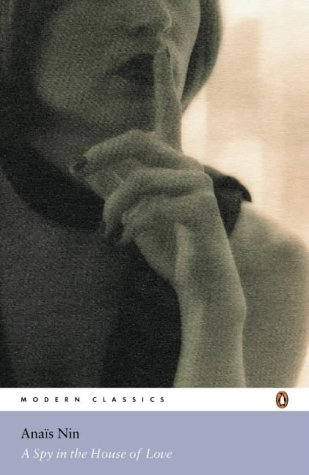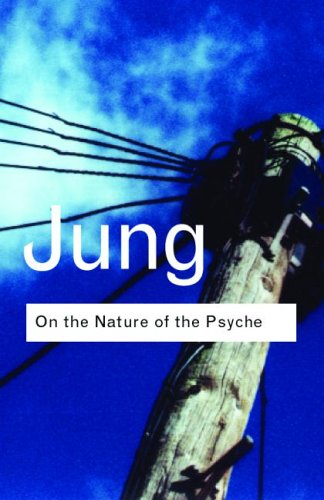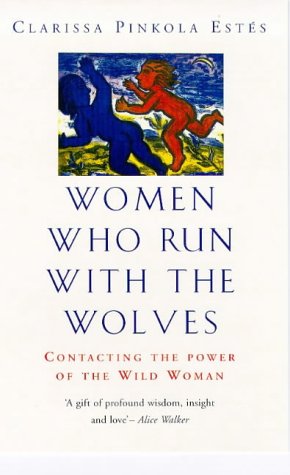SHOWCASE @laurahird.comTo read Judith's story 'The Colour of Sunday' on the Showcase, click here; to read her story 'The 7.45' click here; to read her story 'Figs and Chocolates' click here or to read her story, 'Nobody's Fault' click here
|
Judith Alapi Higgins was born in Budapest, Hungary and emigrated to the U.S. after the 1956 revolution at the age of 9. She attended the State University of New York, Indiana University, and has a masters degree in psychology from the University of Notre Dame. She also holds a black belt in T'ai Chi Chuan. She has been living in Virginia for more than 20 years where she has raised a son, taught T'ai Chi, and is active in the neo-pagan Goddess centred movement. She has written several short stories and been published in the Antigonish Review, Dog Ear and 63 Channels. She has also written 3 novels, two of which had been accepted for publication and were under contract until her publisher went bankrupt. She is now contemplating a fourth.
SOME IMPORTANT INFLUENCES ON JUDITH�S LIFE AND WRITING: ANAIS NIN - her journals and writings ANAIS NIN - her journals and writingsClick image to visit the Thinking of Anais Nin website; for a profile of Nin on the Kirjasto website, click here or for related items on Amazon, click here.  CARL JUNG - his writings and unique view of the human psyche CARL JUNG - his writings and unique view of the human psyche
Click image to visit the CJ Jung Page; for Dr. C. George Boeree's article on Jung on the Personality Theories website, click here or for related music on Amazon, click here  CLARISSA PINKOLA ESTES - her ability to combine storytelling and Jungian psychology CLARISSA PINKOLA ESTES - her ability to combine storytelling and Jungian psychology
Click image to visit Maven Productions website for Estes; to read Estes' article 'Words of Encouragement to a Young Activist During Troubled Times' on the K Porterfield website, click here or for related items on Amazon, click here. ROBERTSON DAVIES - The Deptford Trilogy Click image to visit the Robertson Davies Web Page; for Raymond H. Thompson's 1992 interview with Davies on the University of Rochester website, click here or for related music on Amazon, click here LAWRENCE DURRELL - The Alexandria Quartet - Great short stories from all cultures Click image to visit the International Lawrence Durrell Society website; for a profile of Durrell on the Books and Writers website, click here or for related items on Amazon, click here JEAN SHINODA BOLEN - The Tao of Psychology: Synchronicity and the Self Click image to visit Bolen's official website; for an interview with Bolen on the In Context website, click here or for related music on Amazon, click here SOME OF JUDITH�S FAVOURITE ACTIVITIES ARE:Reading *** drawing *** T'ai Chi *** dream analysis *** being with her dogs and parrot
SITE FORUM 
| |
|
